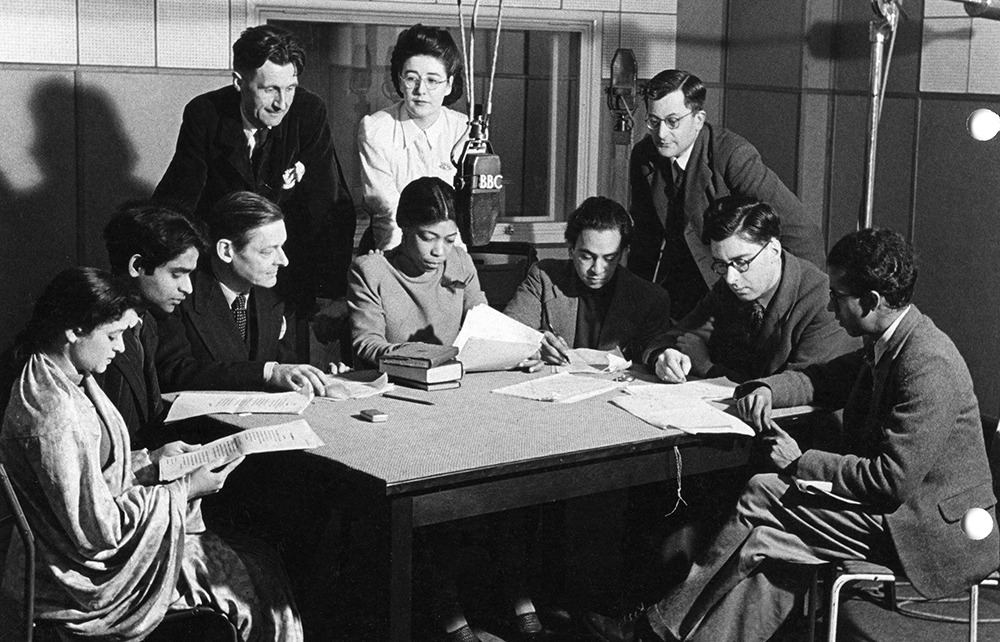I had my birthday recently – one I share with a venerable old aunt who shaped my formative years. Well-travelled and fluent in more than 40 languages, Auntie broadened my horizons well beyond the dreary suburb where I lived. She informed me about events in faraway lands, but also steeped me in ‘our island story’. On intimate terms with everybody in the arts, Auntie was unbelievably cultivated. Back then, she also spoke with an unmistakable clarity that was a model for non-native speakers – such as myself. Millions worldwide acquired English in this way, gaining with it a whole civilisation.
And so last month, on my birthday, I was genuinely more moved by the thought of the BBC turning 100. Its centenary was marked with some fanfare and a still-ongoing season of rather decent, if not unmissable, programming across radio and television. Taken as a whole, these programmes amount to more than a tribute.

Get Britain's best politics newsletters
Register to get The Spectator's insight and opinion straight to your inbox. You can then read two free articles each week.
Already a subscriber? Log in






Comments
Join the debate for just £1 a month
Be part of the conversation with other Spectator readers by getting your first three months for £3.
UNLOCK ACCESS Just £1 a monthAlready a subscriber? Log in